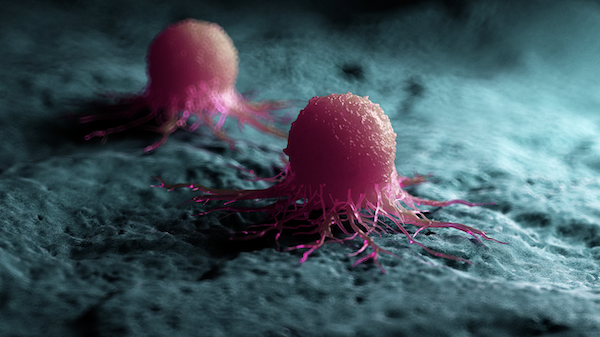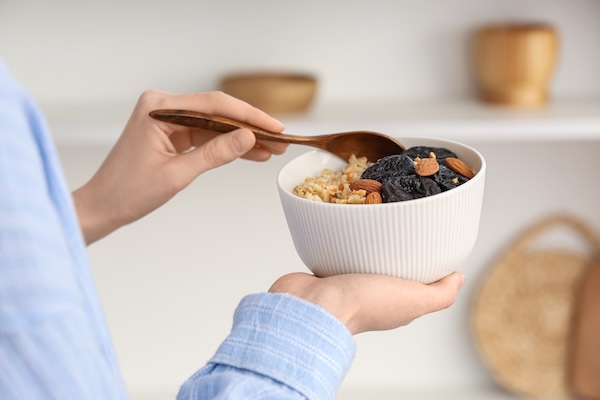 I was reading and saw a Nature published article indicating middle-aged mothers live longer. Woo hoo! Given we are Bay Area-based and most of the women we see here have children in their 30s or 40s, I thought, “let’s see what the article says.”
I was reading and saw a Nature published article indicating middle-aged mothers live longer. Woo hoo! Given we are Bay Area-based and most of the women we see here have children in their 30s or 40s, I thought, “let’s see what the article says.”
Turns out this is not new news. The study was from 1997, and they compared two groups of women born in 1896 (Yup — not a typo). They wanted to see who lives to be older: “Middle aged mothers Live Longer.” (how can you not love that title?)
The study looked at:
- 78 women who lived to 100 and paired them with a cohort of women who died at age 73
- They paired the women so things like healthcare, wars, contraception trends, the Great Depression, etc. would affect them equally.
- There was no significant difference between groups in rates of hysterectomy, loss of spouse before age 45, marriage without children, years of education, religion, or race.
What Did the Study Explore?
- Fertility enhancing interventions (IVF, etc.) were not available, so this would not muddy the data.
- Later menopause and pregnancy after age 40 were associated with extreme longevity.
- They hypothesize that genes in these women age more slowly, perhaps with less susceptibility to disease, and help them achieve extreme longevity.
- Lower rates of Alzheimer’s were seen in those who took estrogen or had later menopause. There was also less heart disease.
Our Thoughts?
Chicken and egg. Do those with slower aging and better genetics have babies later because they can? Or does having babies later somehow help aging?
There are lots of interesting tidbits in here. One of our major focuses at Biohackr Health is on NAD+ and cellular health. There are animal models which indicate improving NAD levels can help fertility. Is this because we are keeping the cells at a younger biologic age, or slowing aging?
Regardless, it’s great news for Bay Area women who consistently have kids in their late 30s and early 40s. This study indicates you have a much higher chance of hitting 100 years.
Go middle-aged mamas, go.

